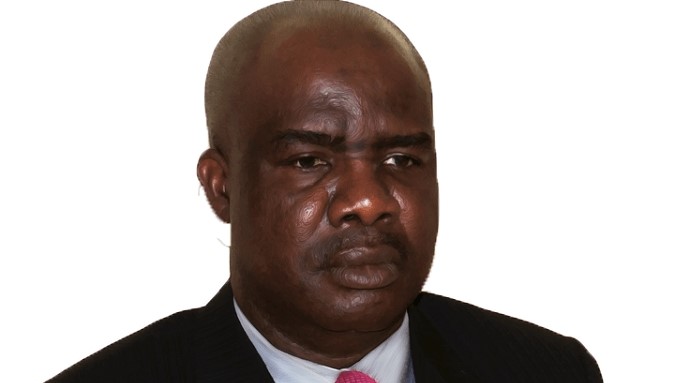55 years after Biafra, Nigeria yet to forgive Igbo – General Ijioma
|
Getting your Trinity Audio player ready...
|
By Sunny A. David, Awka
Retired Major General Ijioma Nwokoro Ijioma has raised concerns over what he described as the continued prayers marginalisation of the Igbo people in Nigeria, 55 years after the end of the civil war.
Speaking with newsmen during Town Hall meeting, the former Army General lamented that despite the Igbo community’s genuine efforts to reintegrate and contribute to National unity post war, they remain sidelined in critical areas of national life.
“Our people accepted reintegration in good faith and have shown commitment to Nigeria. But the treatment we receive suggests that the war never truly ended,” Ijioma said.
He dismissed the often quoted slogan, “No victor, no vanquished,” as hollow, asserting that Nigeria still behaves as though it is in conflict with the Igbo.
Drawing from a metaphor used in his Master’s thesis, Ijioma likened the Nigerian state to a family where several weaker members gang up against a stronger sibling a situation he believes reflects the country’s attitude towards the Igbo.
He decried the persistent exclusion of the South-East from the presidency, noting that, by 2031, if power again rotates to the North after President Tinubu, the Igbo would have been shut out of presidential leadership for nearly four decades.
“From Obasanjo to Buhari and Tinubu, every region has had its turn except the South-East. This deliberate sidelining affects not just politics, but also business, academia, and the military,” he said.
General Ijioma maintained that the Igbo remain among the most patriotic Nigerians, contributing immensely to National development, often building up communities outside their homeland. He challenged other ethnic groups to show similar investment in Igbo land.
“If we’re such a threat, why do we invest heavily in Lagos, Kano, and other parts of Nigeria? Yet no one reciprocates in the South-East,” he queried.
The retired General didn’t spare the Igbo political elite, accusing them of disunity and failing to advocate effectively for their people. He traced the region’s political decline to the emergence of the All Progressives Congress (APC), which fragmented the South-East’s once unified political voice under the PDP.
“In the days when all five South-East States stood with the PDP, we had a stronger voice. Today, with APC, Labour Party, APGA, and a weakened PDP battling for relevance, we are politically scattered and powerless,” he said.
He referred to the period between 1956 and 1966 as the Igbo’s political golden age, adding that from 2015 to 2025, the region has faced its worst era of political exclusion.
Looking ahead to 2027, Ijioma warned that unless the South-East unites behind a common political vision, its marginalisation will persist. However, he expressed hope, stating that change is possible through self-reflection and stronger collective action.
He urged a reassessment of Igbo political values and leadership, questioning why individuals lacking credibility continue to attract popular support.
“Why do we follow leaders who lack moral integrity? We need to stop supporting people based solely on what they can give us materially. Our followership is part of the problem,” he stated.
General Ijioma called on the Igbo masses to demand accountability from their leaders and understand that true political power comes from unity and strategic alliances.
“With around 65 million people, the Igbo are a significant force. If we can rally support from a few other regions, producing a president in 2027 is not impossible,” he concluded.



Comments are closed, but trackbacks and pingbacks are open.